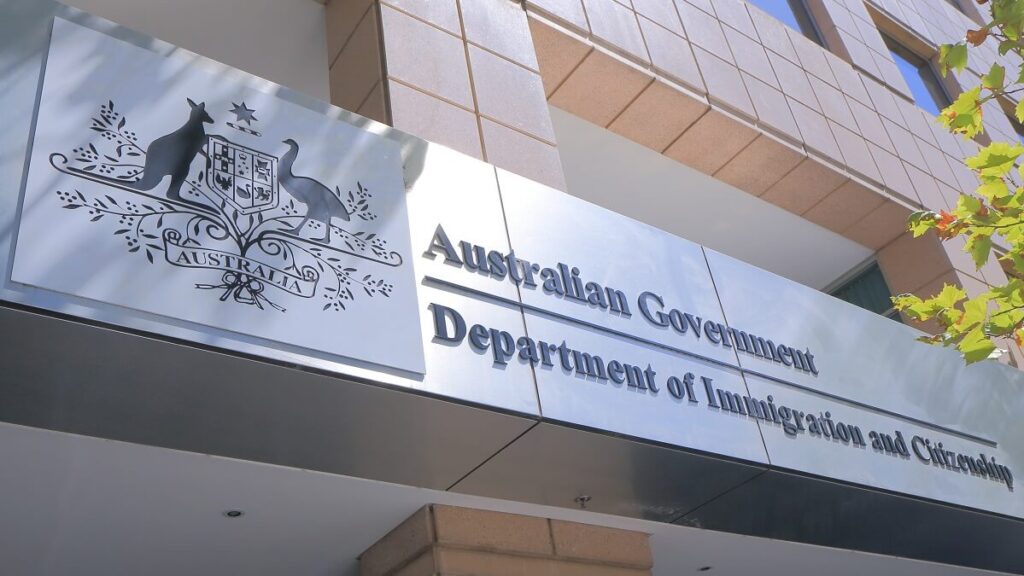The Albanese Government has announced migration numbers will be slashed as part of its efforts to solve the housing crisis. The move comes only a year after Labor flagged a migration increase to tackle workforce shortages.
Numbers released by the ABS in September showed the nation’s population jumped 2.2 per cent in the year to March. Migration accounted for 81 per cent of that increase. The spike could be attributed to the reopening of international borders post-COVID, but only in part.
A big increase in arrivals (up 103 per cent from last year to 681,000) only partially offset a small increase in overseas migrant departures (up 8.8 per cent to 226,600). The underlying cause was the return of international students.
It is international students who will be the target of the government’s migration recalibration over the next few years.
When it comes to migration, it’s not just size that matters
As part of that recalibration, the Albanese government will look at not just raw intake numbers, but also their composition. It will place a higher priority on high-skilled permanent migrants. The likeliest ‘victims’ of this change of tack will be those who arrive as international students but are primarily seeking temporary work.
The government will filter arrivals of this category through a number of measures, including:
- raising the English language requirements for students
- the introduction of closer scrutiny of applications from ‘high risk’ providers, and
- a boost in funding to the Home Affairs Department’s student visa integrity unit.
These migration adjustments are ostensibly driven by a commitment to affordable housing and preventing visa misuse. But for the Albanese government, there may well be other motivations.
It is now more than 18 months since Mr Albanese was elected as prime minister. This means Australia is now potentially closer to the next federal election than to the last. In seeking a second term, Mr Albanese may be looking to head off any opposition attacks.
Such attacks include Opposition Leader Peter Dutton flagging concern about migration numbers. In this year’s Federal Budget reply speech, Mr Dutton made his point very clearly:
“Amidst a housing and rental crisis, our migration numbers will increase massively by 1.5 million people over five years – the highest number in our country’s history and more than the population of Adelaide. Without addressing housing supply and infrastructure, where will these people live?”
Housing promises to be a serious issue for the incumbent government at the next election, which will come sometime between August next year and September 2025.
Alternative measures
Further measures to be taken by the Albanese government include a fee hike aimed at foreign investors. Such investors will also face increased fees when buying established homes and higher penalties if they leave them vacant.
The government will also seek to provide greater power to the Australian Taxation Office’s migration compliance regime. This will (in theory at least) help ensure foreign nationals sell their residence when required.
As a general rule, foreign nationals cannot buy existing properties except when they come for work or study. When they leave, they have to sell if they have not become a permanent resident.
Whatever the government’s motivations, many Australians will see migration limitation measures as a positive if they ease the housing crisis.
Have you been concerned about the housing shortage? Do you think a reduction in migration is the answer? Let us know via the comments section below.
Also read: More than half of older Aussies facing housing crisis, survey finds

